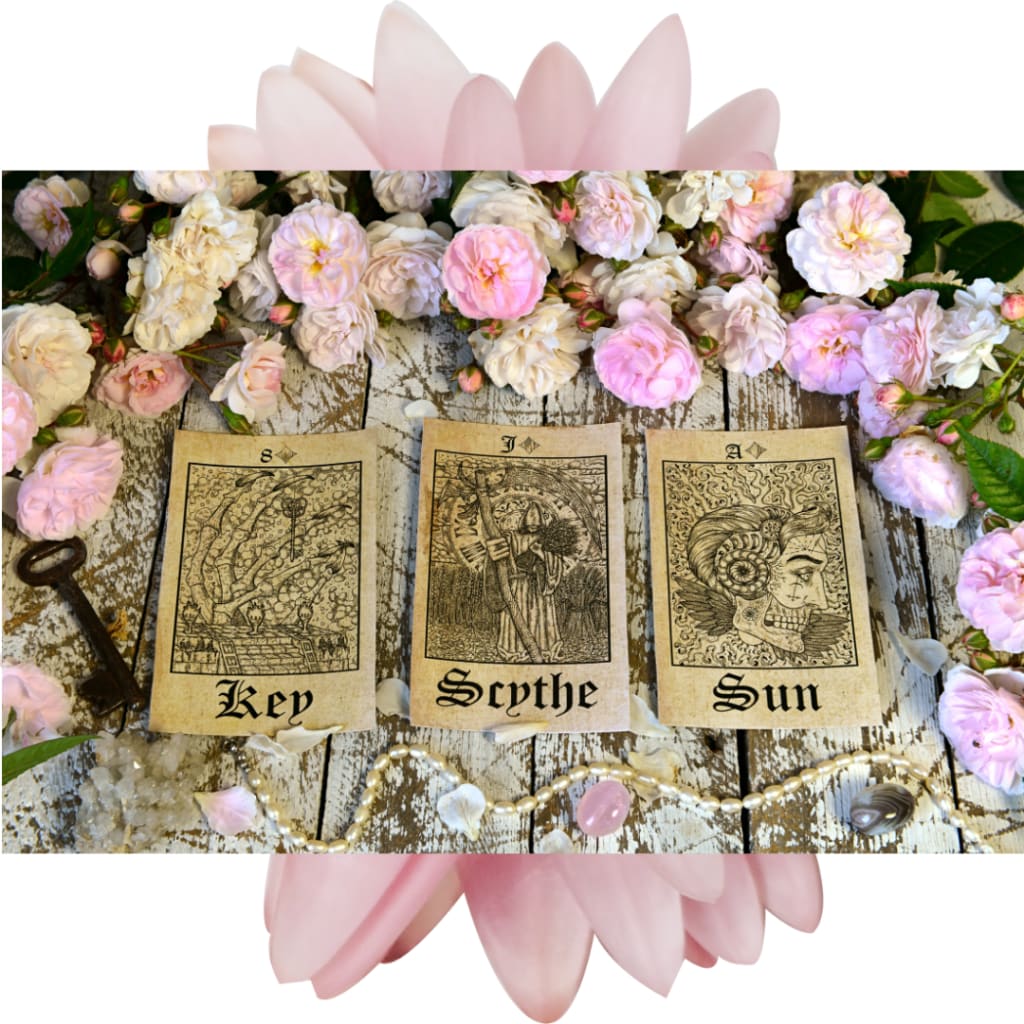What is an Elegy?
Exploring the Depths of Loss and Reflection in Poetry

What is an Elegy?
An elegy, a timeless form of poetry, serves as a poignant expression of loss, mourning, and contemplation, typically in response to the death of an individual. Its essence lies in its ability to convey profound emotions of grief and sorrow while honoring and remembering the departed soul.
Key Characteristics of an Elegy:
Elegies are imbued with several defining characteristics, each contributing to their solemn and introspective nature:
Theme of Loss and Mourning: At the heart of every elegy lies the theme of loss, often stemming from the death of a person, and the ensuing impact on the poet or society at large.
Reflective and Contemplative Tone: Elegies possess a reflective tone, allowing the poet to delve into existential questions surrounding life, death, and the transient nature of existence.
Structural Progression: While the structure of elegies may vary, they traditionally unfold in three distinct parts:
1. Lament: The initial phase serves as an outlet for the poet's raw emotions, expressing profound sorrow and grief over the loss.
2. Praise and Admiration: Following the lament, the poet celebrates the life, virtues, and accomplishments of the deceased, offering homage to their legacy.
3. Consolation and Solace: In the final stage, the poet seeks solace and understanding, endeavoring to find peace amidst the turmoil of grief.
Famous Examples of Elegies:
Elegies have left an indelible mark on literary history, with several renowned examples showcasing the genre's enduring power:
- "Lycidas" by John Milton: A pastoral elegy mourning the untimely death of Milton's friend, Edward King, while reflecting on the transient nature of life and the inevitability of death.
- "In Memoriam A.H.H." by Alfred Lord Tennyson: A monumental elegy written in memory of Tennyson's dear friend, Arthur Hallam, delving deep into themes of grief, longing, and spiritual contemplation.
- "Adonais" by Percy Bysshe Shelley: An elegy lamenting the premature death of fellow poet John Keats, while celebrating his enduring poetic legacy and immortal spirit.
- "When Lilacs Last in the Dooryard Bloom'd" by Walt Whitman: Written in the aftermath of President Abraham Lincoln's assassination, this elegy captures Whitman's profound sorrow and the nation's collective grief.
Modern Usage:
While rooted in tradition, the elegy continues to evolve in modern times, offering poets a versatile medium to explore a myriad of personal and societal losses. Contemporary elegies may diverge from traditional structures and themes, addressing a wide array of subjects beyond individual deaths, including cultural, environmental, or social upheavals.
In summary, an elegy stands as a timeless testament to the human experience of loss and longing, weaving together strands of sorrow, remembrance, and ultimately, resilience. Through its emotive language and profound insights, the elegy invites readers to confront the mysteries of mortality and find solace amidst the ever-changing tides of existence.
An elegy, with its roots stretching deep into the annals of poetic tradition, serves as a vessel for navigating the tumultuous seas of human emotion. It encapsulates the universal experience of loss, offering solace and catharsis to both poet and reader alike.
Throughout history, elegies have provided poets with a means to grapple with the incomprehensible void left by death. In "Lycidas," Milton's sorrowful verses mourn the passing of his friend, Edward King, transforming personal grief into a meditation on the fragility of life itself. Similarly, Tennyson's "In Memoriam A.H.H." stands as a monument to the transformative power of grief, tracing the poet's journey through the depths of despair to the shores of spiritual renewal.
Yet, while elegies often center around the death of an individual, their scope extends far beyond mere mortality. Shelley's "Adonais" serves as a testament to the enduring legacy of poetic genius, immortalizing Keats' spirit in verse. Whitman's "When Lilacs Last in the Dooryard Bloom'd" transcends the personal realm, capturing the collective mourning of a nation in the wake of tragedy.
In the modern era, the elegy continues to evolve, adapting to the ever-shifting landscape of human experience. Contemporary poets harness their emotive power to confront a wide array of losses, from the demise of cultural traditions to the ravages of environmental destruction. In doing so, they expand the boundaries of the genre, imbuing it with new relevance and resonance for a generation grappling with unprecedented challenges.
Yet, amidst the vast tapestry of human suffering, the elegy remains a beacon of hope, illuminating the path toward healing and renewal. It reminds us that, even in the darkest of times, there exists a glimmer of light—a testament to the enduring resilience of the human spirit.
In conclusion, the elegy stands as a testament to the timeless power of poetry to illuminate the darkest corners of the human soul. Through its evocative language and poignant imagery, it invites us to confront our deepest fears and sorrows, and ultimately, to find solace in the beauty of shared experience. In an ever-changing world, the elegy remains a steadfast companion, offering solace and companionship to all who traverse the labyrinth of grief.
About the Creator
Denelsia Walker
Poet, Author, Musician, & Adult Enter Model. My Brand is HOEZBWINNING via Amazon Merch on Demand. Plus am an Amazon Influencer. Founder of Delcia Secrets Contoured LLC custom-made lingerie. Creator of International Poetry Whore FB Group.
Enjoyed the story? Support the Creator.
Subscribe for free to receive all their stories in your feed. You could also pledge your support or give them a one-off tip, letting them know you appreciate their work.






Comments
There are no comments for this story
Be the first to respond and start the conversation.